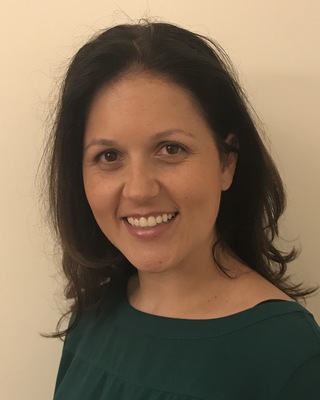Getting the Most out of your Doctors’ Visits
Have you ever had an appointment with your doctor and the minute you left the office remembered the important question that wanted to ask? Have you ever not fully understood what the doctor was saying, but didn’t speak up? Did you ever find yourself at a doctor’s visit where the doctor seemed to be in a rush and you didn’t feel like you had a chance to ask all of your questions.
These are unfortunately very common scenarios. The tips below will ensure that you will have good communication with your doctor leading to a successful doctor’s appointment. A good relationship with your doctor can lead to better health too!
Before you leave your house, make sure you have the following things with you to bring to your appointment:
- Your insurance, Medicare, or Medicaid card
- A picture ID such as a driver’s license
- A list of all of your medications, supplements, and over-the-counter drugs you take (including the dosages and how often you take them) OR bring the medication bottles with you in a bag you can close so you don’t lose any
- Your recent medical records (if your doctor doesn’t already have them) or a list of any updates to your medical history since your last visit
- A list of your allergies
- A list of the doctors you have seen in the last two years and their contact information
- Notes about your family medical history (including any updates since your last visit)
Before your appointment, make a list of what you wish to discuss with your doctor:
- Make a list of any questions or concerns you have and prioritize them ahead of time so you know you will have time for the most important ones. It can be helpful to think of the top 3 things you want to make sure you discuss at that visit first. For example, do you have any new symptoms, if so, what are they, how long have they been going on, and how severe are they? Do you have questions about your treatment or about possible side effects?
- Ask a family member or friend to go with you. It can be helpful to have someone with you who can act as a second pair of ears and who can remind you of the questions you want to ask your doctor as well as advocate for you. This person can also take notes for you so you don’t have to worry about remembering everything.
During your visit:
- Listen and try to focus on what is happening in the appointment.
- Going to see your doctor can be nerve wracking and feel very rushed. Take some deep breaths and try to focus on what the doctor is saying. It can be helpful to record the visit as well to help you to remember everything.
- Ask questions
- If you don’t understand words your doctor is using or don’t quite comprehend the instructions, don’t be afraid to ask! It is very important that you understand your condition and treatment so you can live your healthiest life possible.
- If you did not have enough time to address all of your concerns, don’t be afraid to ask for a follow-up appointment. Don’t rush through your questions. It is not uncommon for patients to have complex or multiple health issues that need more time or attention. Today, many doctors will communicate by phone or email to answer questions that do not need an appointment to address
- Be truthful
- Don’t minimize of underplay your symptoms. Be truthful so your doctor doesn’t also conclude your symptoms are minimal if they are not.
You may have a limited amount of time with your doctor, but using these tips can help you get the most out of your appointment.
If you are dealing with a new medical diagnosis or chronic condition and want help managing the many stressors that come along with that, contact me to learn more about how therapy may be helpful.

